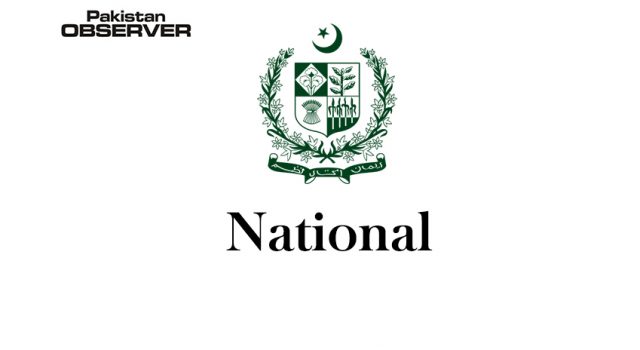Staff Reporter
Islamabad
WAPDA Chairman Lt Gen Muzammil Hussain (Retd), in his message on the occasion of World Water Day being observed today (March 22), said climate change has been impacting the availability of surface water in Pakistan, as climate and water are inextricably interlinked. In order to tackle the adverse impact of climate change vis-à-vis water security in the country, a multi-pronged strategy needs to be devised at the national level, said a statement issued on Saturday.
Dilating upon the grim water scenario, WAPDA Chairman said the per capita water availability in Pakistan has come down from 5650 cubic meter in 1951 to an alarming level of 908 cubic meter per annum, pushing us to the stage of water-scarce country. Pakistan can store only 10 percent of its annual river flows against the world average of 40 percent. Ironically, instead of increasing water storage capacity, Pakistan has lost about one-fourth storage of the dams.
The live water storage capacity that used to be 16.26 million acre feet (MAF) in 1976 has reduced to 13.68 MAF, which equals to only 30 days carry over capacity. India has carry over capacity of 170 days, Egypt 700 days and America 900 days. The carry over water storage capacity has to be increased from 30 days to 120 days. The WAPDA Chairman said better management, conservation and storage of the precious resource of water are essentially required to attain water security in the country.
He further said WAPDA has devised a comprehensive strategy for optimal utilization of water resources, through which various projects will be completed in a phased manner under short, medium and long term plans to increase water storage capacity. However, prompt decisions at all levels and availability of adequate funds are keys to implementing this strategy in accordance with their timelines.
WAPDA plans to add five Million Acre Feet (MAF) to water storage and 4600 Megawatt (MW) hydropower generation in short term up to 2025; another eight MAF water storage and 16000 MW power generation in medium term up to 2030 and 28 MAF water storage and 18400 MW generation in long term up to 2050 with completion of its various projects, the Chairman added.










